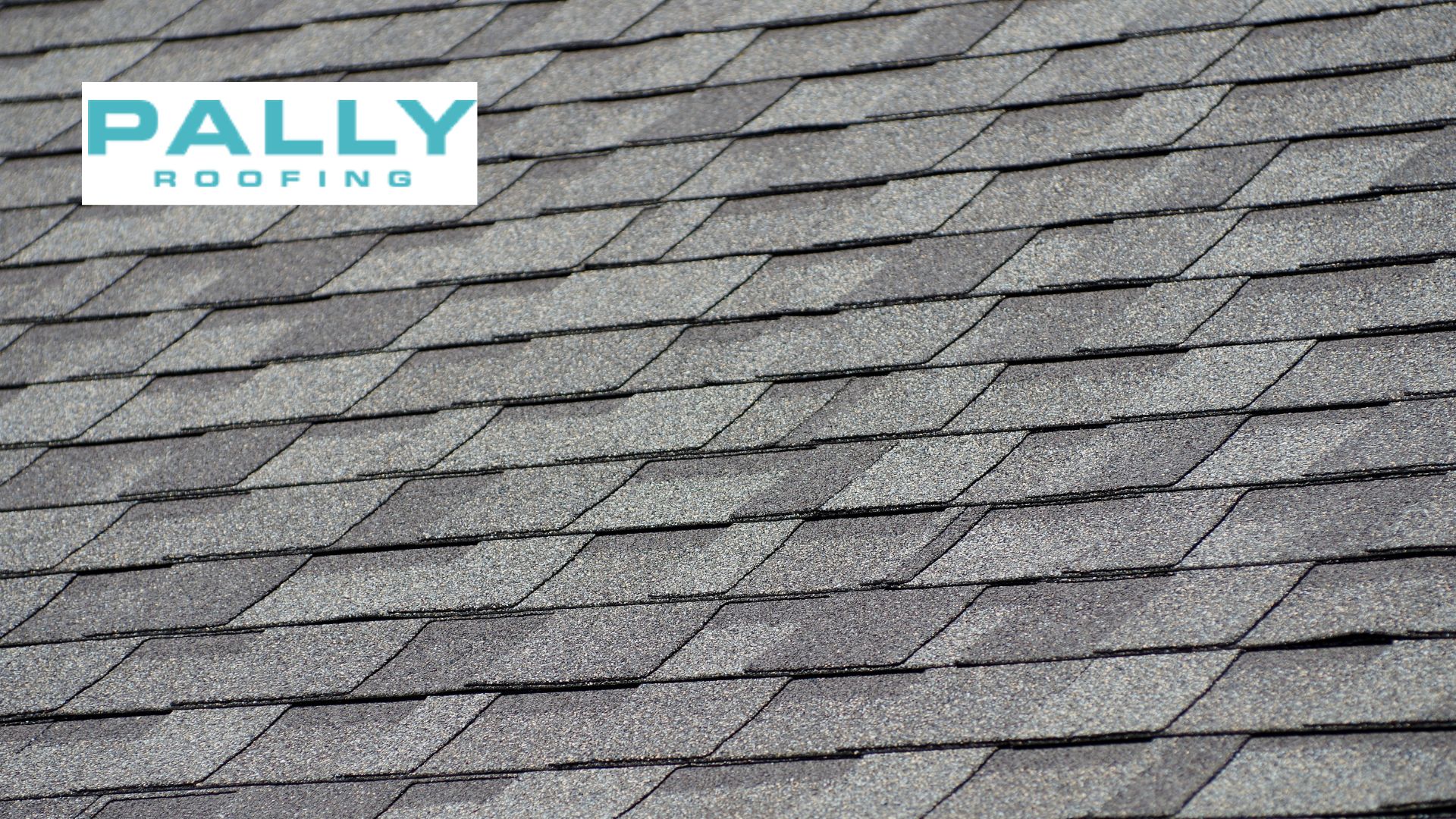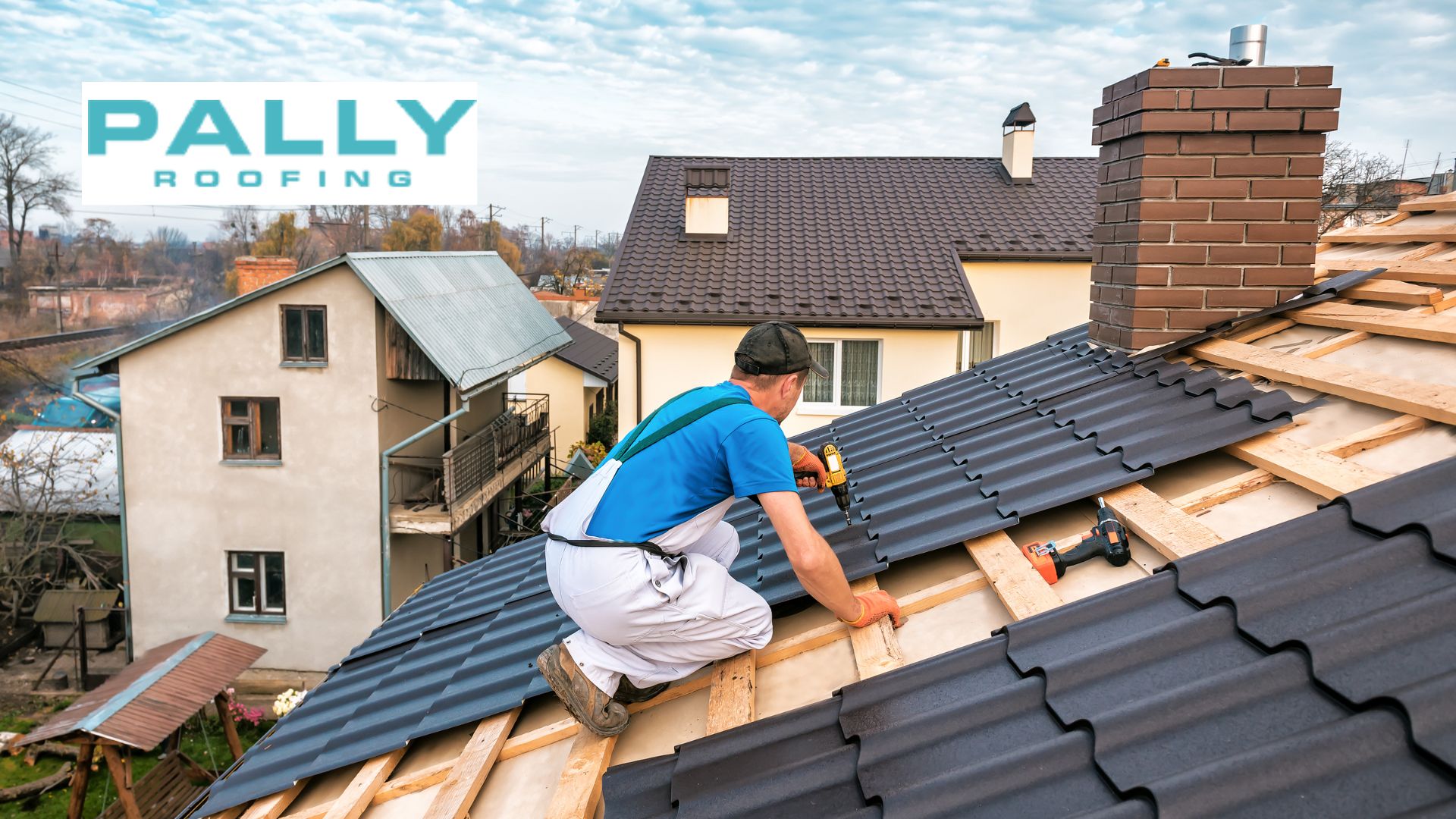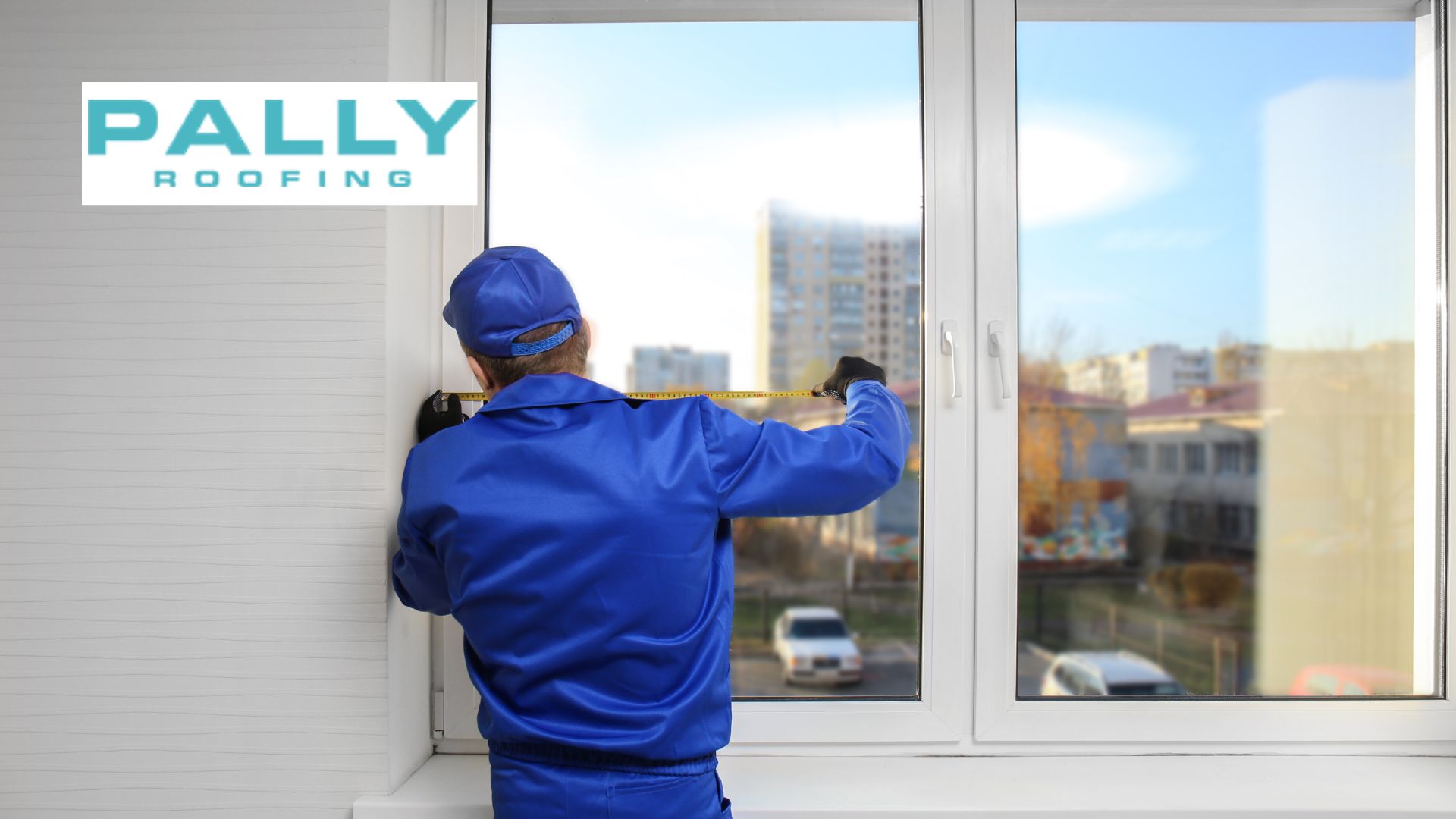Last updated on July 11th, 2024 at 07:10 am
Metal roofing is a durable and versatile option known for its longevity and resilience against various weather conditions. Unlike traditional asphalt shingles, metal roofs are typically made from steel, aluminum, or copper, offering superior durability and fire resistance.
Table of Contents
They come in various styles and colors, making them suitable for residential and commercial properties.
Factors Affecting Metal Roof Costs
Several factors contribute to the cost per square foot of metal roofing, making it essential to consider various aspects when planning your roofing project:
- Material Type:
- The choice of metal significantly impacts cost. Common materials include steel, aluminum, and copper, each varying in price and durability.
- Roof Size:
- Larger roofs require more materials and labor, affecting overall costs. Roof size directly correlates with the amount of material needed.
- Location:
- Regional factors such as climate, building codes, and local labor rates influence costs. Urban areas may have higher labor costs compared to rural regions.
- Complexity of Installation:
- Roof complexity, including slope, shape, and number of roof penetrations (like chimneys or skylights), affects labor costs and installation time.
- Additional Features:
- Optional features such as insulation, underlayment, and custom trim can add to the total cost.
Understanding these factors helps estimate and plan for the cost of a metal roof installation tailored to your specific needs and budget.
Types of Metal Roofing Materials
Metal roofing offers a range of materials, each with distinct characteristics and cost considerations:
- Steel:
- Description: Steel is the most common and affordable metal roofing material. It is strong, durable, and available in various gauges.
- Cost: Steel roofing is generally more economical than other metals, making it a popular choice for residential and commercial applications.
- Aluminum:
- Description: Aluminum is lightweight, corrosion-resistant, and suitable for coastal environments where salt spray is a concern.
- Cost: Aluminum roofing tends to be more expensive than steel but offers excellent durability and low maintenance.
- Copper:
- Description: Copper is known for its aesthetic appeal and longevity. It develops a distinct patina over time, enhancing its appearance.
- Cost: Copper roofing is one of the most expensive options due to its durability, beauty, and resistance to corrosion.
- Zinc:
- Description: Zinc is becoming increasingly popular for its natural weathering properties and sustainability.
- Cost: Zinc roofing falls between aluminum and copper in terms of cost, offering a unique aesthetic and long lifespan.
- Other Metals:
- Description: Other metals, such as stainless steel, titanium, and alloys, may also be used for specialized applications, offering unique properties such as enhanced strength or reduced weight.
- Cost: Costs vary depending on the specific metal and its characteristics, with some alloys offering premium features at higher costs.
Choosing the suitable metal roofing material involves balancing budget, climate considerations, desired aesthetics, and maintenance requirements. Each material offers distinct advantages, allowing homeowners and contractors to select the best option for their roofing project.
Cost Breakdown: Metal Roof Cost Per Square Foot
The cost of metal roofing can vary significantly based on the type of metal and regional factors. Here are typical cost ranges per square foot for different types of metal roofs:
- Steel Roofing:
- Cost Range: $7 to $10 per square foot installed.
- Details: Steel is affordable and durable, making it a popular choice for residential and commercial applications.
- Aluminum Roofing:
- Cost Range: $9 to $12 per square foot installed.
- Details: Aluminum offers lightweight, corrosion-resistant properties suitable for coastal areas and modern aesthetics.
- Copper Roofing:
- Cost Range: $15 to $25 per square foot installed.
- Details: Copper is premium-priced due to its durability, aesthetic appeal, and long lifespan.
- Zinc Roofing:
- Cost Range: $10 to $15 per square foot installed.
- Details: Zinc provides natural weathering and sustainability benefits, falling between aluminum and copper in cost.
Regional Variations:
- Costs can vary based on local labor rates, building codes, and demand for specific materials.
- Urban areas and regions with higher living costs may have higher installation prices than rural areas.
Additional Factors:
- Additional costs may include underlayment, insulation, roof complexity, and customization options.
- When choosing a metal roofing material for your home or business, always obtain multiple quotes and consider the long-term benefits of durability and maintenance.
Metal Roof Cost Comparison with Traditional Roofing Materials
When comparing the costs of roofing materials per square foot, metal roofing typically falls into a different pricing bracket compared to traditional options like asphalt shingles or wood shakes:
- Metal Roofing:
- Cost Range: Metal roofing costs range from $7 to $12 per square foot installed.
- Benefits: Offers superior durability, longevity (50+ years), low maintenance, and energy efficiency. The initial investment is higher but provides long-term savings.
- Asphalt Shingles:
- Cost Range: Asphalt shingles typically cost $3 to $7 per square foot installed.
- Benefits: The initial cost is lower than metal roofing. It offers ease of installation, various styles, and decent durability (15-30 years).
- Wood Shakes:
- Cost Range: Wood shakes range from $6 to $11 per square foot installed.
- Benefits: Known for their natural aesthetic appeal. Requires more maintenance than asphalt or metal, with a lifespan of around 20-30 years.
Considerations:
- Long-Term Costs: While metal roofing may have a higher initial investment, its durability and low maintenance can lead to lower long-term costs than asphalt or wood.
- Aesthetic Preferences: Homeowners often choose asphalt or wood shakes for their traditional appearance, while metal roofing offers modern styles and colors.
- Climate and Maintenance: Climate and required maintenance factors should also influence material choice and overall cost-effectiveness over time.
Installation Costs and Considerations
Installing a metal roof involves several expenses beyond just the material costs. Here’s a breakdown of installation expenses per square foot, including labor costs, preparation, and additional materials:
- Labor Costs:
- Range: $3 to $5 per square foot.
- Details: Labor costs vary based on location, the roof design’s complexity, and the roofing contractor’s experience. Higher fees may apply to intricate installations or areas with higher living expenses.
- Preparation:
- Range: $1 to $2 per square foot.
- Details: Preparation includes removing the existing roof (if necessary), inspecting the roof deck for damage, and preparing it for the new metal roof installation. Additional costs may apply for repairing or reinforcing the roof deck.
- Additional Materials:
- Range: $1 to $3 per square foot.
- Details: Additional materials may include underlayment, insulation, fasteners, sealants, and flashing. These materials ensure the roof is adequately insulated, waterproofed, and secured against elements like wind and rain.
Considerations:
- Roof Complexity: Factors such as roof slope, number of roof penetrations (e.g., chimneys, skylights), and architectural features can influence installation costs.
- Contractor Expertise: Hiring a reputable roofing contractor with experience in metal roofing installations ensures quality artistry and may affect labor costs.
- Regional Variances: Installation costs can vary significantly based on local building codes, permit fees, and accessibility to the job site.
Understanding these installation costs and considerations helps homeowners and contractors budget effectively for a metal roof installation project. It’s advisable to obtain multiple quotes from licensed contractors and clarify all fees and services included in the estimate before proceeding with the installation.
Conclusion
Choosing a metal roof for your home or business is a smart investment due to its exceptional durability. It lasts over 50 years with minimal upkeep. Metal roofs provide reliable weather protection and enhance energy efficiency, reducing heating and cooling costs.
They also offer aesthetic flexibility to match any architectural style, boosting curb appeal and property value.
At Pally Roofing, we specialize in custom metal roofing solutions, ensuring meticulous installation and customer satisfaction. Enhance your property’s resilience and aesthetics with our reliable service and craftsmanship.
Contact us today to explore our durable, stylish, and energy-efficient roofing options.
Author
-

With more than 16 years of hands-on experience, Phillip Schmucker is the knowledgeable owner of Pally Roofing. His dedication to superior roofing services has earned him a reputable place in the industry. Phillip also shares his extensive expertise through writing, providing readers with practical tips and professional advice on various roofing topics. Follow him on LinkedIn.
View all posts









